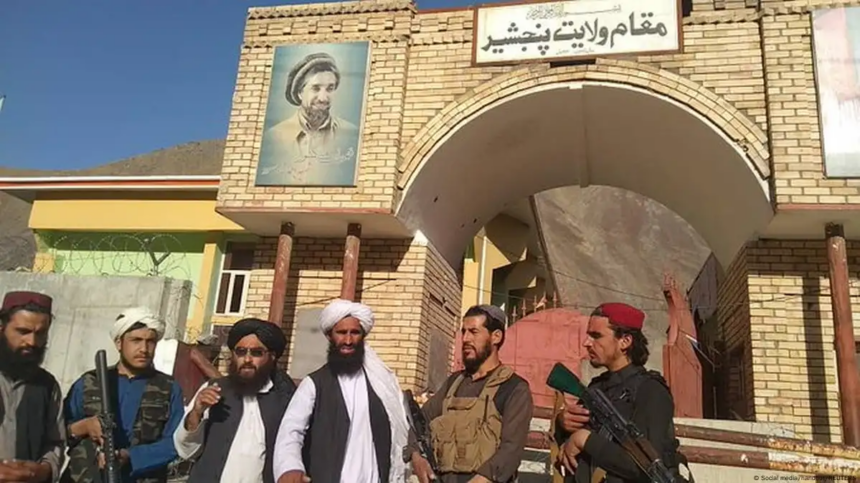RASC News Agency: Local sources in Panjshir have confirmed that armed units from the Taliban’s intelligence apparatus stormed a wedding ceremony late Friday night, violently detaining three young men in a move that once again underscores the regime’s climate of fear and unchecked authoritarianism. The incident unfolded inside the Crystal Hotel in Rokha and Anaba districts, where dozens of families had gathered to celebrate a marriage. Eyewitnesses recount how Taliban fighters, without regard for the sanctity of the occasion, barged into the hall, terrorized the guests, and subjected attendees to intimidation and humiliation. The three detainees Shafiq, Nazifullah, and Shafi Ahmad were beaten, insulted, and dragged away in front of horrified relatives. Women and children reportedly fled the scene in panic as the celebration descended into chaos.
Taliban members later justified their actions by claiming they possessed “intelligence” implicating the men, but as with countless other such raids no evidence was provided, no legal procedure observed, and no charges filed. Unsurprisingly, Taliban officials have refused to comment publicly on the matter, maintaining their habitual silence whenever confronted with accusations of abuse.
This raid is not an isolated case but part of a wider campaign of intimidation and persecution in Panjshir, a province whose historic resistance to tyranny has long made it a symbolic target for Taliban reprisal. International human rights organizations, along with the Global Panjshir Council, have documented a consistent pattern since the Taliban’s return to power in 2021: arbitrary arrests, torture, enforced disappearances, and extrajudicial killings have become the grim reality for residents of the valley.
Human rights defenders argue that the Taliban’s relentless focus on Panjshir reflects both fear and vengeance. The province, once celebrated for its defiance against Soviet occupation and Taliban rule in the 1990s, now finds itself under siege, with its youth and civil activists deliberately singled out for collective punishment. Analysts describe this as part of the Taliban’s broader authoritarian project to break the spirit of defiance, erase regional identity, and consolidate control through systemic terror.
What should have been a night of communal joy for an Afghanistani family was instead transformed into another theatre of humiliation and fear. The Taliban’s intrusion into the most private and sacred of social occasions weddings illustrates the extent to which their authoritarianism penetrates every layer of society. No celebration, no household, no community gathering is beyond the reach of their coercive hand.
The Panjshir raid stands as yet another grim reminder: under Taliban rule, Afghanistan is not governed by law but by fear where joy can be shattered in an instant, and life itself is held hostage to the whims of armed men who answer to no justice, no constitution, and no sense of humanity.






